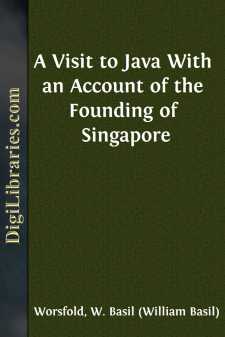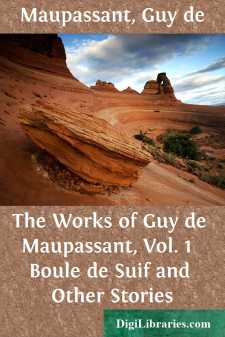Categories
- Antiques & Collectibles 13
- Architecture 36
- Art 48
- Bibles 22
- Biography & Autobiography 813
- Body, Mind & Spirit 142
- Business & Economics 28
- Children's Books 15
- Children's Fiction 12
- Computers 4
- Cooking 94
- Crafts & Hobbies 4
- Drama 346
- Education 46
- Family & Relationships 57
- Fiction 11828
- Games 19
- Gardening 17
- Health & Fitness 34
- History 1377
- House & Home 1
- Humor 147
- Juvenile Fiction 1873
- Juvenile Nonfiction 202
- Language Arts & Disciplines 88
- Law 16
- Literary Collections 686
- Literary Criticism 179
- Mathematics 13
- Medical 41
- Music 40
- Nature 179
- Non-Classifiable 1768
- Performing Arts 7
- Periodicals 1453
- Philosophy 64
- Photography 2
- Poetry 896
- Political Science 203
- Psychology 42
- Reference 154
- Religion 513
- Science 126
- Self-Help 84
- Social Science 81
- Sports & Recreation 34
- Study Aids 3
- Technology & Engineering 59
- Transportation 23
- Travel 463
- True Crime 29
A Brief History of the United States
Categories:
Description:
Excerpt
COLUMBUS
Behind him lay the gray Azores,
Behind the Gates of Hercules;
Before him not the ghost of shores,
Before him only shoreless seas.
The good mate said: "Now we must pray,
For, lo! the very stars are gone.
Brave Admiral, speak; what shall I say?"
"Why say, 'Sail on! sail on! and on!'"
"My men grow mutinous day by day;
My men grow ghastly wan and weak."
The stout mate thought of home; a spray
Of salt wave washed his swarthy cheek.
"What shall I say, brave Admiral, say,
If we sight naught but seas at dawn?"
"Why you shall say at break of day,
'Sail on! sail on! sail on! and on!'"
They sailed and sailed, as winds might blow,
Until at last the blanched mate said:
"Why, now not even God would know
Should I and all my men fall dead.
These very winds forget their way,
For God from these dread seas is gone,
Now speak, brave Admiral; speak and say"—
He said, "Sail on! sail on! and on!"
They sailed. They sailed. Then spake the mate:
"This mad sea shows its teeth to-night.
He curls his lips, he lies in wait
With lifted teeth, as if to bite!
Brave Admiral, say but one good word;
What shall we do when hope is gone?"
The words leapt like a leaping sword:
"Sail on! sail on! sail on! and on!"
Then, pale and worn, he kept his deck,
And peered through darkness. Ah, that night
Of all dark nights! And then a speck—
A light! A light! A light! A light!
It grew, a starlit flag unfurled!
It grew to be Time's burst of dawn.
He gained a world; he gave that world
Its grandest lesson: "On! sail on!"
—Joaquin Miller.
Copyrighted and published by The Whitaker & Ray Wiggin Co. San Francisco,
California. Used by permission.
CHAPTER I
THE NEW WORLD FOUND
The New World, of which our country is the most important part, was discovered by Christopher Columbus in 1492. When that great man set sail from Spain on his voyage of discovery, he was seeking not only unknown lands, but a new way to eastern Asia. Such a new way was badly needed.
THE ROUTES OF TRADE.—Long before Columbus was born, the people of Europe had been trading with the far East. Spices, drugs, and precious stones, silks, and other articles of luxury were brought, partly by vessels and partly by camels, from India, the Spice Islands, and Cathay (China) by various routes to Constantinople and the cities in Egypt and along the eastern shore of the Mediterranean. There they were traded for the copper, tin, and lead, coral, and woolens of Europe, and then carried to Venice and Genoa, whence merchants spread them over all Europe. [1] The merchants of Genoa traded chiefly with Constantinople, and those of Venice with Egypt.
THE TURKS SEIZE THE ROUTES OF TRADE.—While this trade was at its height, Asia Minor (from the Black Sea to the Mediterranean) was conquered by the Turks, the caravan routes across that country were seized, and when Constantinople was captured (in 1453), the trade of Genoa was ruined....


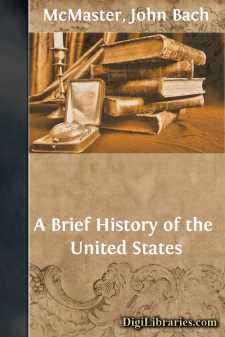
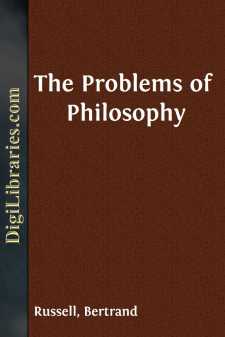
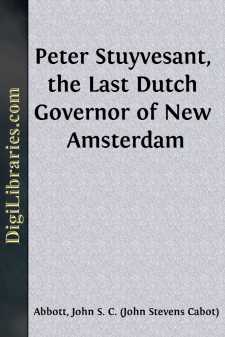
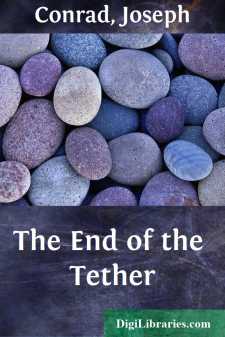
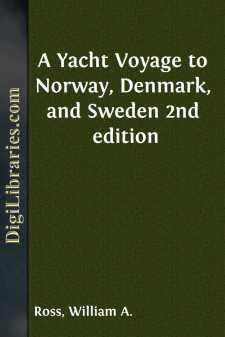
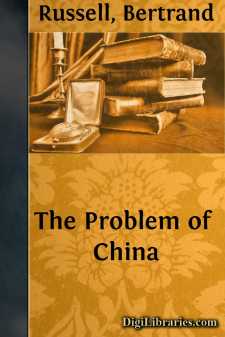
![A history of China., [3d ed. rev. and enl.]](https://digilibraries-com.s3.eu-central-1.amazonaws.com/covers/2eac5372-aeee-46a0-90e7-67e24bd8e549.jpg)
